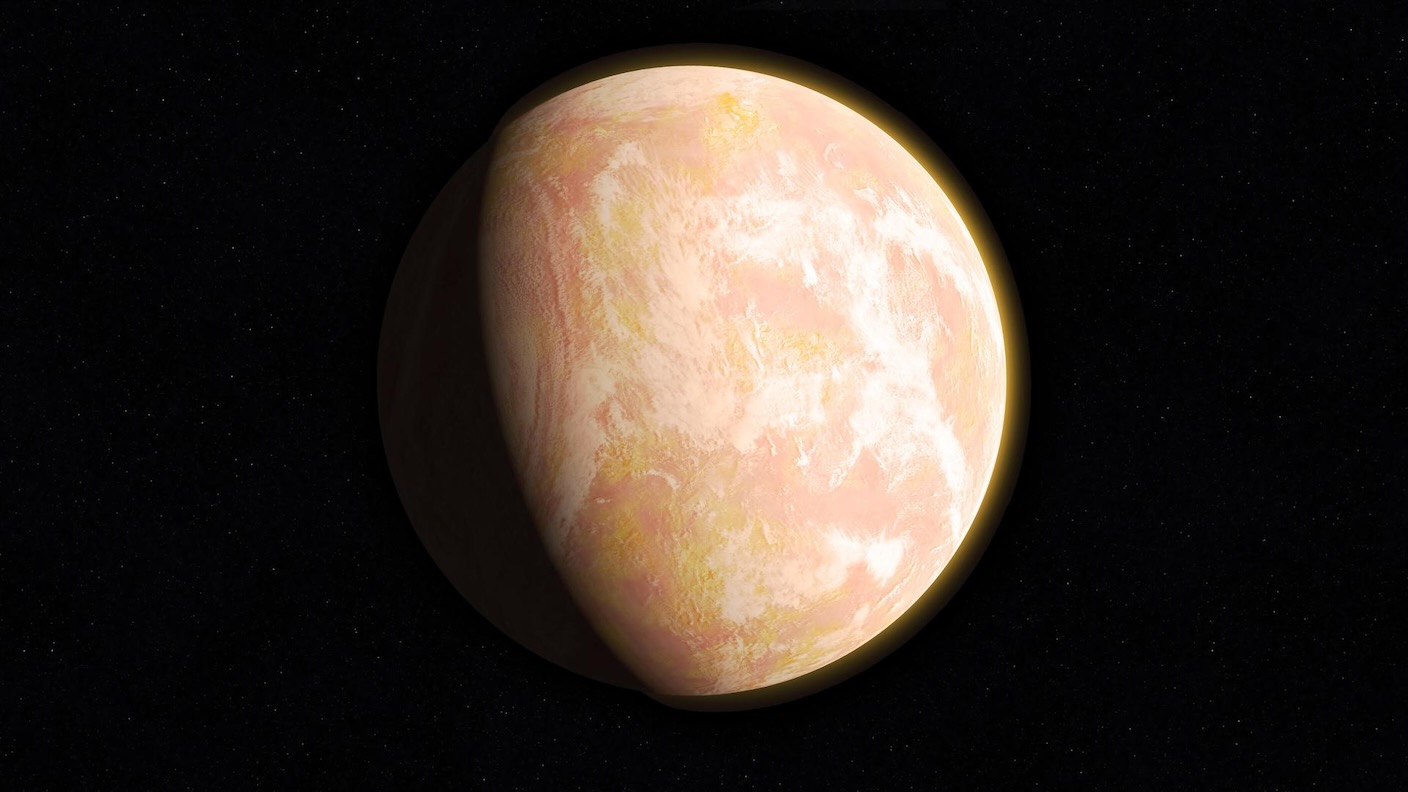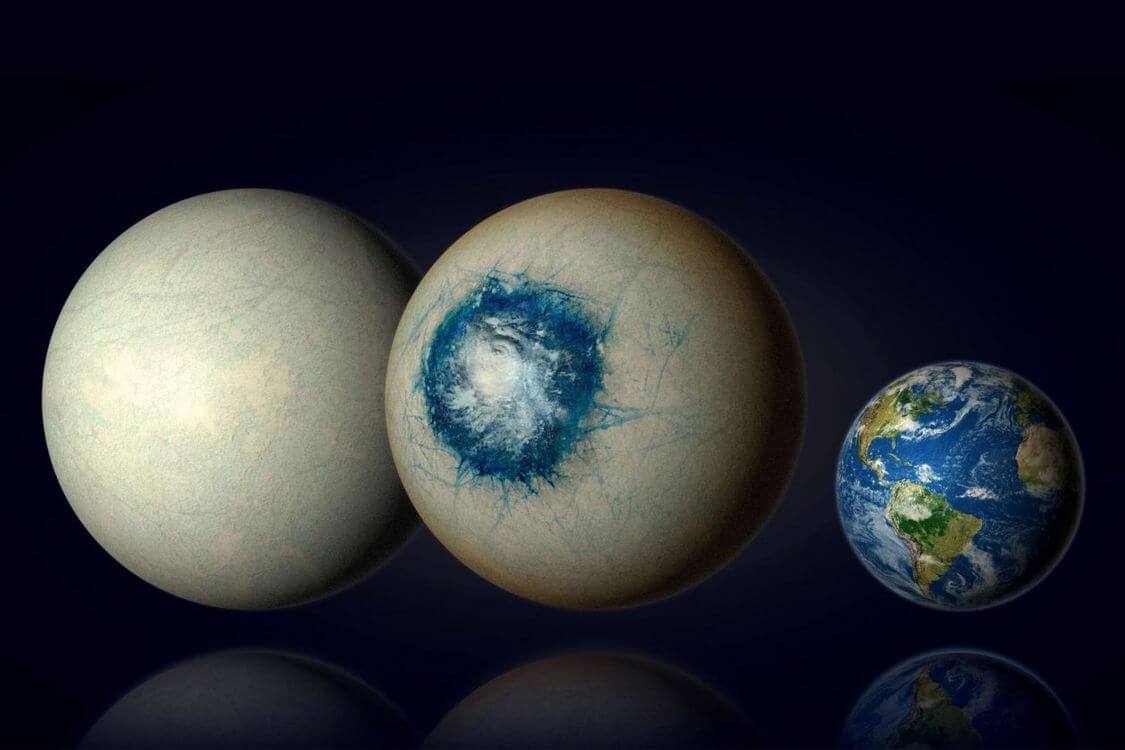
In 1983, the theoretical physicist Brandon Carter concluded that the time it took for humans to evolve on Earth -- relative to the total lifespan of the Sun - suggests that our evolutionary origin was intrinsically unlikely.

Astrobiologists are working to discover universal rules that govern the emergence of complex physical and biological systems on Earth and beyond.

We focus on planets as habitats for life but what if other environments, even ones maintained by organisms themselves, can also provide these necessities?

The chances of intelligent life emerging in our Universe - and in any hypothetical ones beyond it - can be estimated by a new theoretical model which has echoes of the famous Drake Equation.

If quantum communication exists, that could be a win for advanced technologies on our planet, but the process would make it impossible for us to detect it without some serious equipment upgrades.

The Milky Way is so huge and old that statistically, there should be plenty of intelligent civilizations that have colonized their own star systems or neighboring ones, and at least a few that have spread across the galaxy.

Researchers at the University of Montreal believe a vast ocean on exoplanet LHS 1140 b may be teeming with alien life.

Purple bacteria is one of the primary contenders for life that could dominate a variety of Earth-like planets orbiting different stars, and would produce a distinctive "light fingerprint," Cornell scientists report.

Some 100 light-years from the Solar System dwells the most mathematically perfect planetary system we've ever seen. The star at its center – a temperate orange dwarf called HD 110067 – is orbited by six exoplanets.

Spanish professor argues that that water or other liquid-dwelling aliens, as well as civilizations on super-Earths, may actually be trapped on their planets due to "physical limitations".

Does life appear independently on different planets in the galaxy? Or does it spread from world to world? Or does it do both? New research shows how life could spread via a basic, simple pathway: cosmic dust.

With only one habitable planet (Earth) and one technologically advanced civilization (humanity) as examples, scientists are still confined to theorizing where other intelligent life forms could be.

U.S. scientists argue that chance alone cannot consistently produce the highly complex molecules found in all living creatures. To produce billions of copies of intricate objects like proteins, human hands, or iPhones, the universe needs a 'memory'.

Astronomers searching for radio signals that could be signs of extraterrestrial life have just gained access to South Africa's MeerKAT telescope.

Recently scientists have determined that no known process can be pumping out the amount of methane observed spewing from Saturn's moon Enceladus. That means it could be biological in origin.